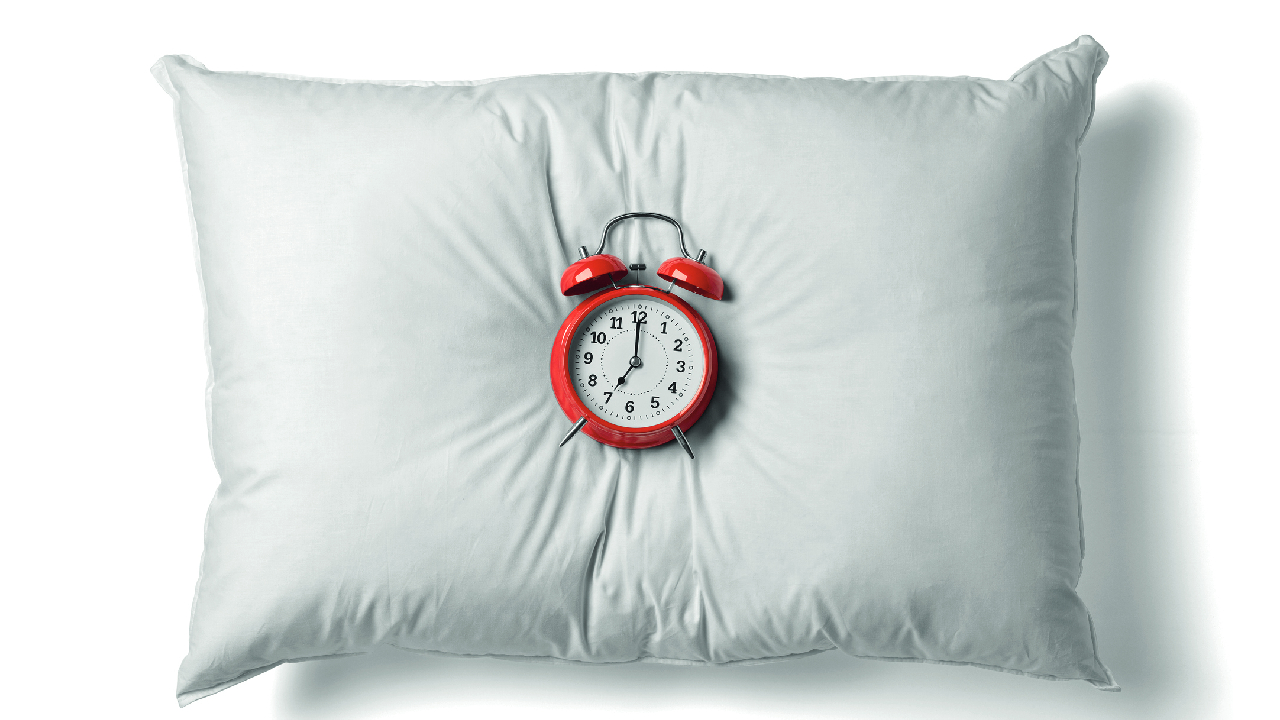In Clinical
Follow this topic
Bookmark
Record learning outcomes
Key facts
- Regularly sleeping less than seven hours a night may promote heart disease, diabetes and dementia1
- A 2022 survey of 4,000 UK adults found that 71 per cent did not sleep for the recommended seven to nine hours1
- As a treatment for primary insomnia CBD is seen as a promising prospect
“Although insomnia is common, the understanding of the pathophysiology remains limited. This creates challenges when developing treatments with novel mechanisms of action,” says Christie Wong, senior neurology analyst at GlobalData, an analytics and consulting company.
In October, however, NICE approved daridorexant, a dual orexin receptor antagonist (DORA), for long-term insomnia.2 A recent GlobalData analysis identified several other treatments in development.
NICE recommends cognitive behavioural therapy for insomnia (CBT-I) for short- and long-term insomnia in adults, while avoiding hypnotics “if possible due to [the] potential for significant adverse effects”. Unlike conventional medication, CBT-I’s benefits persist after treatment ends.3
In 2022, NICE approved Sleepio when primary care teams would otherwise offer sleep hygiene or hypnotics.4 Patients access Sleepio through a website or app that includes a sleep test, weekly interactive CBT-I sessions and a sleep diary. Patients generally complete the programme in six weeks. They can, however, access the programme for 12 months.4
In short-term insomnia, when sleep hygiene fails, daytime impairment causes significant distress and insomnia is likely to resolve soon (e.g. due to short-term stress), NICE suggests a three to seven-day course of a z-drug (zopiclone or zolpidem).3,5 An increased risk of falls, fractures and other adverse events means that NICE recommends prescribing z-drugs cautiously and avoiding if possible in older people.5
An adjunctive z-drug or prolonged-released melatonin if the person is older than 55 years of age may be appropriate if insomnia is unlikely to resolve soon.3
NICE suggests avoiding hypnotics in long-term insomnia. Adjunctive short-term z-drug or prolonged-released melatonin may be appropriate for severe symptoms or acute exacerbations.3 NICE has approved daridorexant for adults who experienced insomnia at least three nights a week for at least three months.
“DORAs selectively inhibit arousal and promote sleep, and offer a superior safety profile compared with z-drugs,” Wong notes. “However, key opinion leaders interviewed by GlobalData noted that the marketed DORAs fall short in comparison to z-drugs in terms of efficacy. Thus, there is an unmet need for additional effective treatment options for insomnia that are safe and well tolerated.”
New treatments
GlobalData identified four products for insomnia in Phase III, six products in Phase II and no products in Phase I in the seven major markets, including the UK. Another 11 products are in preclinical development.
“While the mechanisms of action of most of these preclinical products have not been disclosed, three products in preclinical development and one in Phase II are cannabinoid receptor agonists,” Wong says.
“While research into CBD as a treatment for primary insomnia is in its infancy and no licensed treatments are available, it remains a promising area, drawing increasing attention from researchers,” says Terry O’Regan, president of Brains Bioceutical, which manufactures pharmaceutical-grade, plant-based cannabidiol (CBD), a potential insomnia treatment.
“There is an unmet need for additional effective treatment options for insomnia that are safe and well tolerated”
A recent survey of 1,216 people using cannabis and cannabinoids to alleviate sleep problems found users felt more refreshed (88.6 per cent of respondents), more focused (80.0 per cent), better able to function (74.9 per cent) with fewer headaches (76.4 per cent) and less nausea (73.0 per cent) the morning after than following pres-cription drugs (0.6-1.7 per cent), OTC remedies (0.2-0.8 per cent) or no aid (1.3-5.3 per cent).
More users reported feeling sleepy (22.4 per cent), more anxious (24.3 per cent) and more irritable (22.6 per cent) the morning after than prescription drugs (6.1-9.7 per cent), OTC (1.9-3.8 per cent) or no aid (5.1-7.0 per cent).6
In other studies, cannabinoids showed promise in, for example, sleep apnoea, insomnia, nightmares associated with post-traumatic stress disorder and restless legs syndrome.7
Larger, well-controlled, long-term studies using validated subjective and objective measures need to unravel the safety and efficacy of cannabinoids for these various sleep disorders.7,8,9 As a result, Brains Bioceutical is undertaking “sector-leading research with CBD for insomnia”, says O’Regan.
In 2023, BTT Life Sciences, a joint venture between Brains Bio and Tamar Technologies, collaborated with Swinburne University in Australia on a three-week, randomised, proof-of-concept study of 30 patients using CBD.
“Unpublished post hoc analyses identified potential study populations who may benefit from CBD, patient demographics and sleep parameters worthy of further investigation in larger studies and promising signals for improved wellness relative to placebo, using the WHO-5 Well-Being Index,” O’Regan says.
“Other important outstanding questions include the optimal dosing, treatment duration and formulation. We also need to understand factors that influence outcomes, such as the impact of good or poor sleep hygiene.”
Wong suggests that, despite a clear need, new treatments may encounter difficulties gaining a toehold. “The insomnia market is heavily genericised and crowded with inexpensive drugs, making it difficult for new products to enter,”
she concludes.
“With payers and physicians preferring to prescribe cheaper alternatives, new products, which are likely to have a higher cost, will be restricted in patient uptake.” So patients may continue to endure insomnia despite promising therapeutic advances.
References
1. Available at directlinegroup.co.uk/en/news/brand-news/2022/sleeping-dangerously--7-5-million-brits-have-under-five-hours--a.html
2. Available at nice.org.uk/guidance/ta922
3. Available at cks.nice.org.uk/topics/insomnia
4. Available at nice.org.uk/guidance/mtg70
5. Available at cks.nice.org.uk/topics/insomnia/prescribing-information/z-drugs
6. Exploration of Medicine 2023; 4:709-719
7. Sleep Medicine Reviews 2020; 53:101339
8. Cannabis and Cannabinoid Research 2023; 8:213-229
9. Permanente Journal 2019; 23:18-041

